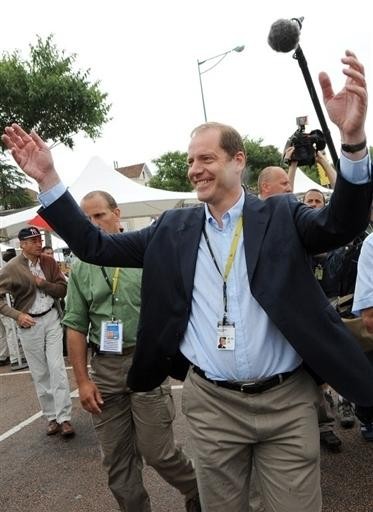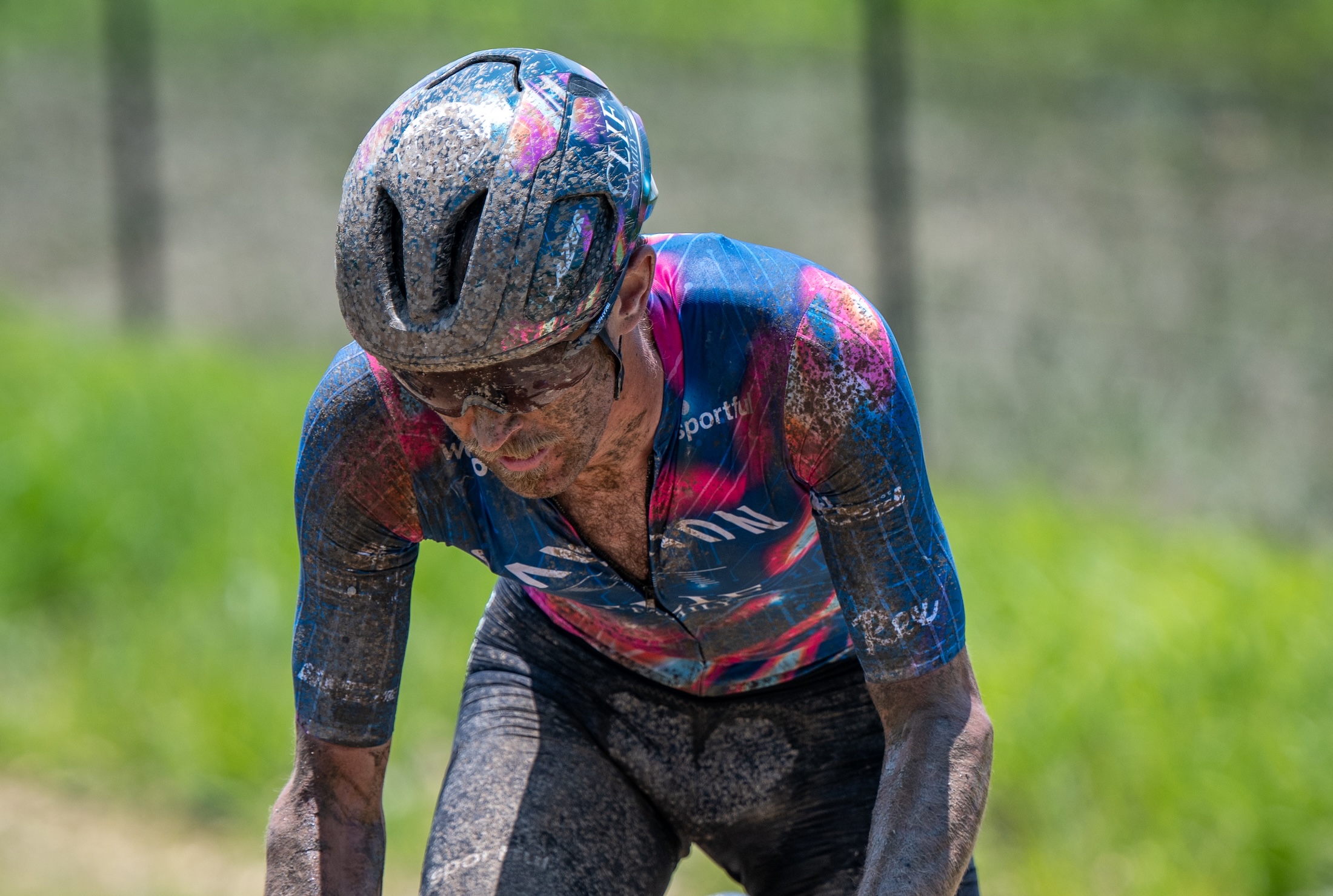The politics of anti-doping
The fight against doping has made great strides in recent years, but will the peace deal between the...
The latest race content, interviews, features, reviews and expert buying guides, direct to your inbox!
You are now subscribed
Your newsletter sign-up was successful

The fight against doping has made great strides in recent years, but will the peace deal between the UCI and the ASO actually be a setback? David Walsh, chief sports writer for the Sunday Times and author of L. A. Confidentiel, L.A. Officiel and From Lance to Landis gives insight into the pros and cons of the politics of the anti-doping fight.
For those with a fondness for scepticism, Pierre Bordry's recently expressed view that "80 percent of the peloton is clean" could not pass unnoticed. It was an arresting utterance from the head of the French Anti-Doping Agency (AFLD) for many reasons. Bordry has had access to some of the evidence, he is antagonistic towards the UCI and its president Pat McQuaid, and, most importantly, he has no commercial motive for suggesting professional cycling is cleaner than it is. If it is true that 80 percent of the peloton is now drug-free, cycling has come a long way in a short time and has much to lose by any return to the ineffective controls of what might be called 'the Verbruggen era'.
In the same interview, Bordry also highlighted the danger of the UCI returning to the time when many riders cheated without much risk of detection. And if we take seriously Bordry's '80 percent', we must also respect his fear of regression. Perhaps as much as at any time in the recent past, cycling is at a crossroads and, perhaps strangely, concern about the future is not lessened by the rapprochement in the relationship between the UCI and the sport's biggest commercial partner, the Amaury Sports Organisation.
First, it should be acknowledged there has been progress. Many professional teams have made honest efforts to combat doping and to make it less easy for their own riders to cheat. People like Jonathan Vaughters [Garmin-Chipotle], Jean-René Bernaudeau [Bouygues Telecom], Bob Stapleton [Columbia], Eric Boyer [Cofidis] and Marc Madiot [Française des Jeux] have embraced the challenge of changing cycling's culture and have helped make the sport cleaner. David Millar has deservedly regained the respect and affection he enjoyed at the beginning of his career and plenty of others have committed to riding drug-free. One day we may able to say to Christophe Bassons and all those who suffered for their sanity that it wasn't in vain.
Read the rest of The politics of anti-doping.
The latest race content, interviews, features, reviews and expert buying guides, direct to your inbox!
